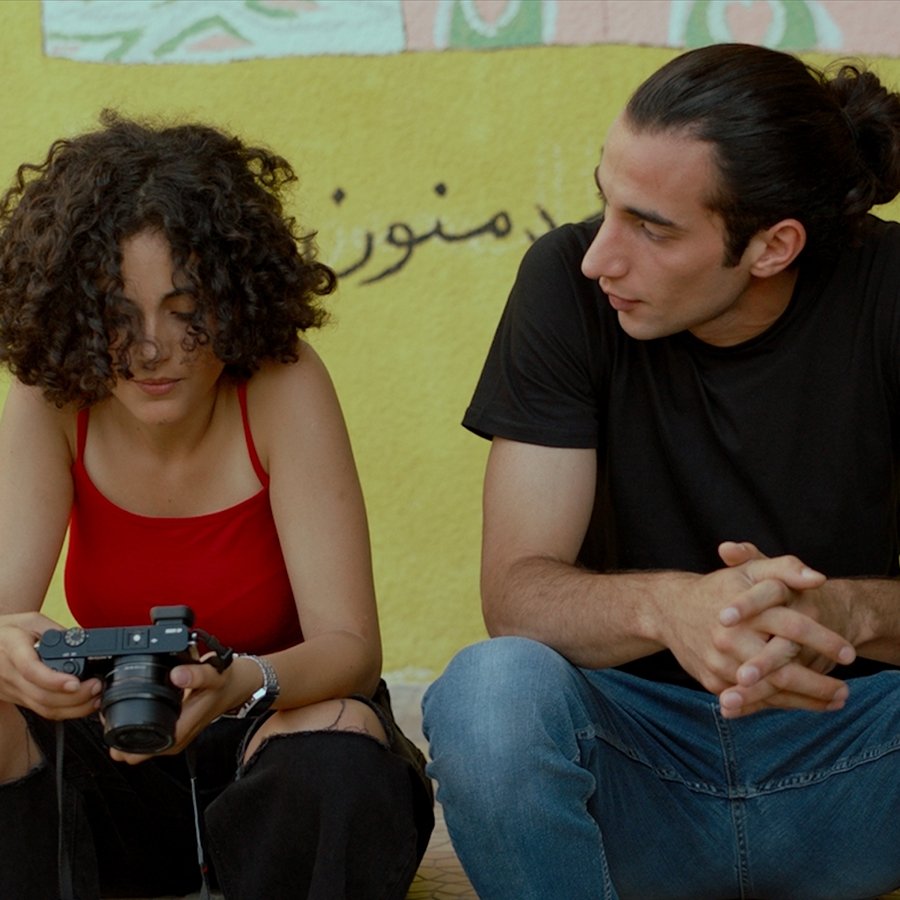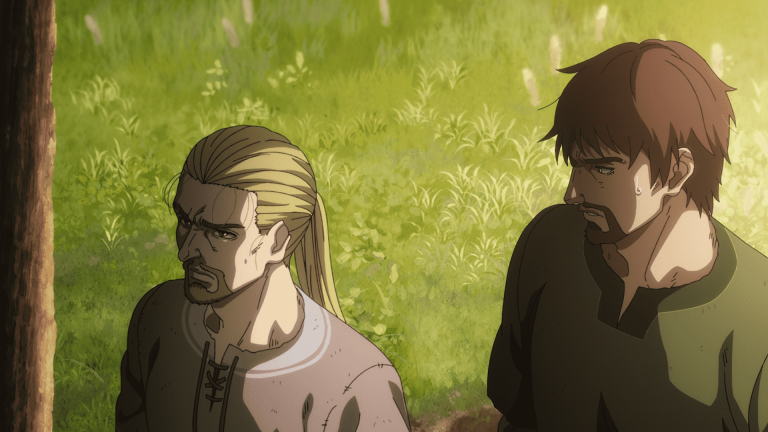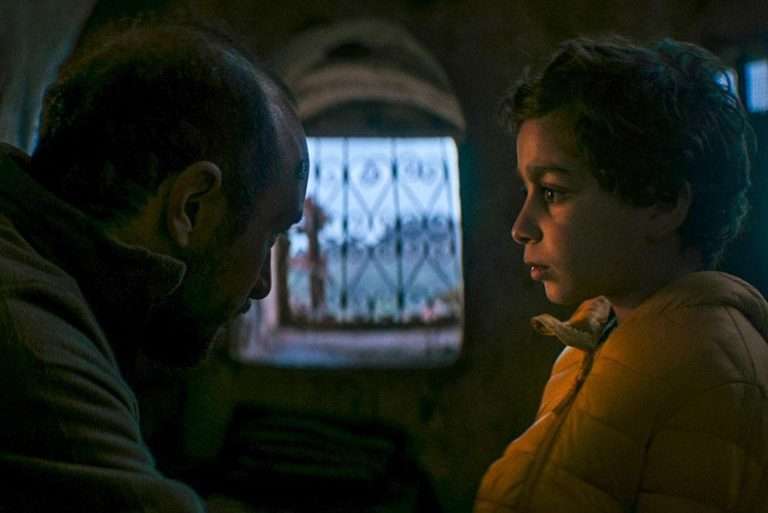What does a flag symbolize? Who decides the meaning conferred upon a flag as a nation’s symbol? Is its meaning confined to the meaning given to the colors or symbols that characterize it? Does its meaning alter based on where a flag is flown? Alam (2022), which translates to flag, does not raise these questions directly but stimulates its viewers to formulate questions of similar nature on what and what not constitutes the underlying meaning and value of similar national symbols, how these symbols have gained their meaning and if this meaning is eternal or evolving.
Checkout Our Complete Coverage Of The 2022 International Film Festival Of Kerala
This debut feature film from Firaz Khoury is a coming-of-age drama set within a politically volatile village in Israel-occupied Palestine. It follows the antics of Tamer and his friends as they toil away their high school days as any youth would; drinking and searching for the cheapest outlets of weed, fakebook stalking, gaming, partying, and trying to graduate with the least effort possible. However, Tamer’s mundane life as a high school student, mostly unaffected by the traumatic history of their people but nonetheless a recipient of its turbulent aftermath, is injected with excitement when he develops an adolescent attraction towards his new classmate Maysaa’ and develops a friendship with Safwat. Unknown to Tamer, Maysaa’ and Safwat plan to host the Palestinian flag over their school on Israeli Independence Day, which also happens to be the day remembered as Al Nakba; the day Palestinian residents were forced to migrate from their homelands. Tamer and his friends join in on the plan as the rest of the film follows the many pitfalls of their flag replacement operation and the sense of national duty and political awakening they develop and experience along the way.

The film demands that audiences are knowledgeable about the bloodshed and political history between Israel and Palestine, and therefore the setting is not easily accessible to all. Memory and erasure of memory are predominant themes of the film as we witness one body vehemently attempting to uphold the position of survivors and rightful owners of the land by rewriting the history of the land in school curriculums, telecasting TV channels of their homeland and culture, claiming to grow forests for social and economic progress of it people. At the same time, the other points out the inaccuracies of the said syllabus, recognition of blatant propaganda in the media, and how many villages were destroyed to grow trees mentioned above in this process of ‘rebirth.’
The film introduces multiple characters presenting nuanced perspectives on the protagonist and his comrades’ complex situation. While not shown in depth, Tamer’s father is depicted as a well-earning, educated modern Israeli Arab hesitant to engage in dissenting actions against Israeli institutions. He also warns his son against getting mixed up in any political unrest. This may arise from the brutality his parents were subjected to during the initial conflicts of the late 1940s and especially the torture undergone by his brother, who was a proper revolutionary. He embodies a more bourgeoise outlook as his upper-class status ensures some form of comfort despite being a victim of ethnic segregation.
Contrary to Tamer’s father, Adel, the local revolutionary, educates his fellow kin on their ancestral history and the rights they can exercise in case of arrests by the Israeli police. He openly challenges any attempt made to rewrite the history of his land, as demonstrated by the instance where he rebukes the history presented by a guide to tourists on the trees grown over land previously resided over by Palestinian citizens. Like Adel, Safwat and Maysaa’ both frequently challenge their school curriculum, which narrativizes a history of Palestine from an Israeli perspective, thereby forcing Arab students to rewrite their turbulent history to frame Palestinians as the perpetrators and encroachers questioning the rootedness of their Palestinian identity.
The focus Khoury gives students to further this narrative against the forced erasure of history and memory underlines the value he puts on educational institutions as a dissenting body that has the potential to question and rewrite history. At one point, the students of Tamer’s class walk out in protest, stating that the syllabus they are being talked about, the history of their country, is false and biased towards their oppressors. They call out their teacher for being part of the problem. Much credit goes to Khoury for presenting a narrative that avoids an audience-subject power dynamic that results in viewers pitying the plight of Palestinians and instead empathizes with them and inspires audiences to educate themselves on this ‘erasing history.
Despite the volatile topics the film deals with, what is surprising is its ability to be charming and, at times, even warm, with many scenes that center around the ironical immature naivete and innocence of high school life. Scenes like those showing Shekel collecting money to donate to a campaign against drugs when in truth he does so to buy drugs himself or when a drunk Rida dances senselessly at a wedding only hours before they conduct the flag swap operation, which may not only get them expelled from school but even imprisoned are small pockets of humor that the film showers on its audience. The film’s charm can also be attributed to its relaxed shot. The camera does not force the emotions of its characters to translate to the audience through close-ups but instead invites them to relate to the experience of adolescence through multiple wide-framed shots of the interactions between Tamer and his friends.
The film effortlessly weaves together a tale of love, friendship, and freedom under the iconography of the flag. It finds its expressionistic peak in an interaction between Tamer and Safwat. Safwat, the initial planner of the flag replacement operation, shares how he finds pride in the flag but recognizes it only as a tool. He claims that the start of liberation is hoisting the flag, but the highest point of release is burning it. Through many scenes such as the one above, Alam stimulates audiences to ponder the ever-changing meaning of iconographies and how, similarly, histories are rewritten as generations pass.






